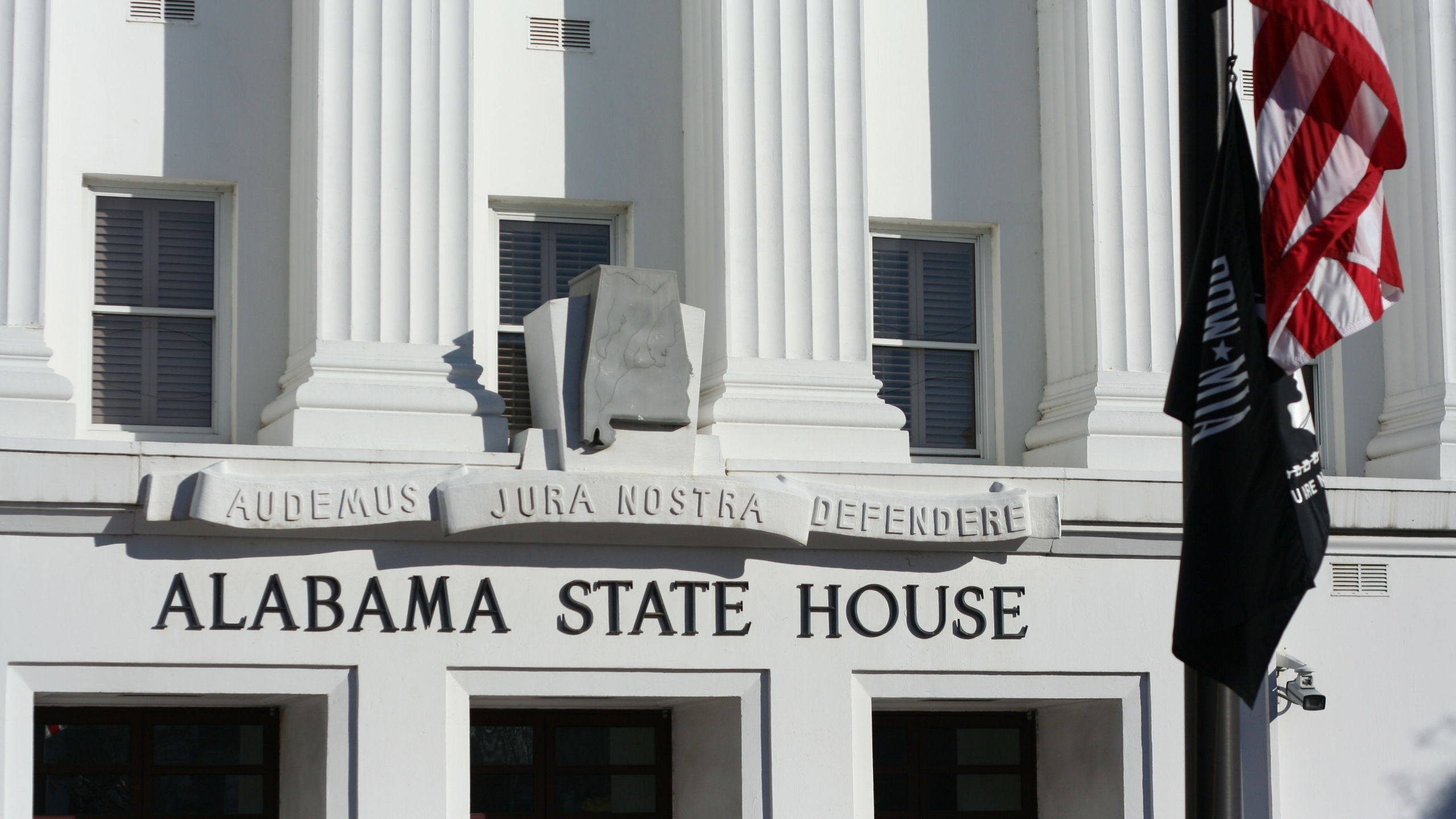In the waning days of Alabama’s legislative session, a critical question looms over the state Capitol: Has the Legislature effectively served the welfare and security of its citizens? This question isn’t just procedural; it’s foundational, touching on the very core of what it means for a government to be “of the people, by the people, for the people.” Yet, in Alabama, the stark reality is that a far-right fringe within the Republican Party, bolstered by partisan gerrymandering, seems to hold disproportionate sway over state policies.
The crux of state governance is multifaceted: upholding law and order, advancing public welfare, protecting citizens’ rights, fostering economic growth, and safeguarding our environment. These objectives should guide every legislative action, shaped through the concerted efforts of Alabama’s executive, legislative, and judicial branches. Yet, recent legislative endeavors suggest a worrying departure from these ideals.
Take, for example, the contentious HB209, a bill that ostensibly aims to clamp down on “ballot harvesting” by criminalizing various forms of assistance in absentee ballot voting. While it’s cloaked in the language of election security, the bill has a much more insidious purpose, as noted by the League of Women Voters of Alabama and others who see a darker intent. If passed into law, the bill will disenfranchise vulnerable populations, such as the elderly and disabled, by criminalizing those who wish to assist them in voting. Is this truly in the spirit of ensuring the welfare and rights of all Alabamians?
In a state marred by a contentious history of voter suppression and an often turbulent struggle with progress, Alabama once again finds itself at the heart of a contentious debate over voting rights. Proponents of HB209 hail it as a step forward in securing electoral integrity, claiming the bill fortifies the bulwarks against potential voter fraud. Yet, a closer examination reveals that this legislation might be less about securing elections and more about perpetuating Alabama’s long-standing tradition of placing hurdles before the electorate, particularly marginalized communities.
Similarly, the passage of legislation banning so-called “divisive concepts” in educational institutions strikes at the heart of academic freedom. Proponents claim it’s a move toward unity, yet by restricting the scope of permissible discourse, it stifles the vibrant exchange of ideas that is fundamental to democracy and education. Such legislation not only curtails freedom of speech but also impedes the ability of institutions to foster an inclusive and intellectually diverse environment.
The implications of this legislation raise profound questions about the nature of education, the role of government in academic affairs, and the very definition of what constitutes a “divisive” concept. Education, in its truest form, is not just about imparting knowledge but about challenging existing beliefs, encouraging critical thinking, and preparing students to navigate a complex world filled with diverse perspectives. By setting limitations on DEI (Diversity, Equity, and Inclusion) programs, the bill potentially restricts this vital aspect of education, confining the intellectual and moral growth of students and public employees within a narrower boundary of exploration.
Furthermore, the term “divisive” is inherently subjective. What one may consider divisive, another may see as essential to understanding the multifaceted nature of human society. Diversity, equity, and inclusion initiatives are not merely political statements but are foundational efforts to acknowledge and address the systemic inequalities that persist in our society. They aim to create environments where everyone, regardless of their background, can find equal footing and opportunities for success.
The bill’s proponents argue that it is a step towards unity, suggesting that focusing on our commonalities rather than our differences is the path to a more cohesive society. While unity is indeed a virtue to strive for, it should not come at the expense of silencing necessary conversations about the realities of discrimination, privilege, and inequality. True unity and togetherness stem from understanding, respecting, and embracing our differences, not from ignoring them.
These legislative actions raise fundamental questions about the role and direction of Alabama’s state government. Are these measures genuinely in service of the public good, or do they cater to the interests of a vocal minority? The essence of a democratic government is to reflect and serve the broad spectrum of its citizenry, not just the interests of those who wield disproportionate influence.
As Alabama’s legislative session crosses its midway point, it’s imperative for citizens and lawmakers alike to reflect on whether the state’s legislative efforts align with the core tenets of governance: serving the welfare, rights, and freedoms of all its residents. The path forward should be one of inclusive dialogue, where policies are crafted not for the few but for the many, in the true spirit of democracy and sound policy.






















































